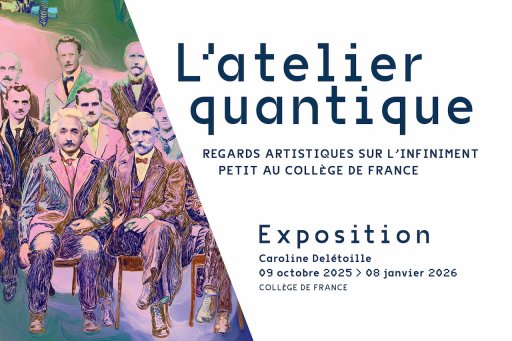Presentation
Social anthropology has always included nature and animals in its field of study, since every society maintains material or ideal relations with them, and they are thus an integral part of human communities. Over the past two or three decades, however, the exploration of human-animal relations has developed to the point of constituting a specialized field of research. Anthropologists can usefully look back on their own work in this light. There is no doubt that this recent interest is a result of the conjunction, in Western societies, between a certain impoverishment of the acquaintance and knowledge of animals, and the development of life sciences, particularly ethological and cognitivist approaches, which willingly extend culture to the animal kingdom. As a result, the differences between humans and animals are tending to blur, reviving the philosophical reflections and moral concerns that inspired the first animal protection movements in the 18th and 19th centuries, albeit with markedly different orientations and arguments. Can we then speak of an "animalistic turn", understood both as a political and moral position in defense of animals, and as an epistemological position postulating a continuity between humans and animals by giving the latter a subjectivity or "agency"? Are these two perspectives necessarily linked? To what extent does interest in the "Animal" contribute to knowledge of animals as well as of human beings in society, and to knowledge of the diversity and complexity of living together? Can it constitute an object of study in its own right? Are methodological approaches guided, and if so, how, by forms of commitment to what is now called "the animal question"? Do they lead to metaphysical positions that articulate living forms in new ways? This colloquium does not set out to add a contribution to the numerous events and works that have proliferated over the last decade on the theme of "Man and the Animal" or, less often, "Man and Animals". On the contrary, it aims to put them into perspective, by adopting a reflexive detour on the meaning, implications and scope of these themes, in contemporary societies and in anthropology itself, considered in its borders with philosophy, cognitive science, morality and politics.
Social anthropology has always included nature and animals in its field of study, since every society entertains material or ideal relations with them, and since they take part to human communities. But in the last two or three decades, the study of human-animal relationships has been developed in such a way as to become a specialized field of research. This phenomenon needs to be reflexively tackled by anthropologists. No doubt this recent interest is an effect of the conjunction, in Western societies, of a decreased frequentation and knowledge of animals, and an increased developement of life sciences, particulary in cognitive sciences and ethology, who extend the notion of culture to animals. The differences between human and animals tend to vanish, provoking a renewal of the philosophical and moral preoccupations that inspired the first animal protection movements in the 18th and the 19th centuries, but with different orientations and arguments. Can we then speak of an "animalist" turn, if we understand by this term both a moral and political position defending animals, and an epistemological position postulating a continuity between humans and animals by giving them the same agency ? Are these two perspectives linked? Can the interest for "the animal" contribute to the knowledge of humans and animals living in society? Are methodological approaches oriented, and how, by forms of engagement around what is now called "the animal question" ? Do they lead to metaphysical positions articulating living beings in a new way ? This conference is not just another meeting on "Human and animal" or, less frequently, "humans and animals". It aims to take this theme reflexively, to interrogate the implications and the consequences of this theme in contemporary societies and in anthropology, in its evolving frontiers with philosophy, cognitive sciences , ethics and politics.









